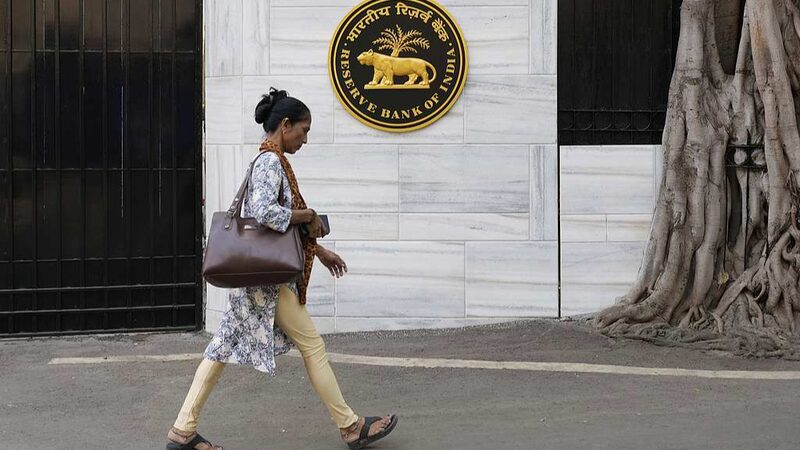Canada Strikes Back with 25% Tariffs on US Goods Worth C$30 Billion
Canada has unveiled a list of US goods worth C$30 billion that will be subject to 25 percent tariffs, marking the first phase of retaliation against US President Donald Trump's matching tariffs on Canadian imports.
Starting February 4, Canada will impose these tariffs on a range of US products including orange juice, peanut butter, wine, coffee, appliances, cosmetics, and paper products, Canadian Finance Minister Dominic LeBlanc announced in a statement on Sunday.
\"This measured, perfectly reciprocal response is a necessary step to defend our country's interests,\" LeBlanc said.
In addition to this initial list, Canada plans to impose tariffs on a second set of US imports valued at C$125 billion. The second list, set to be released in the coming days, will include passenger cars, trucks, buses, steel and aluminum products, certain fruits and vegetables, aerospace products, beef, pork, and dairy items. There will be a 21-day public consultation period before these tariffs are enforced.
The move comes after Canadian Prime Minister Justin Trudeau vowed retaliation following President Trump's announcement of imposing 25 percent tariffs on most Canadian products and 10 percent on Canadian energy products starting February 4.
\"Canada will not be pushed around,\" Trudeau said late Saturday. \"We will take necessary actions to protect our workers and industries.\"
Trudeau also hinted at more non-tariff trade actions, potentially including restrictions on exports of critical minerals and energy products to the United States, as well as blocking US companies from bidding on Canadian government contracts.
Economic Impact
The Canadian Chamber of Commerce has warned that the imposition of these tariffs and full retaliation could result in a 2.6 percent decline in Canada's real GDP, costing an average of C$1,900 per household annually. In the United States, GDP could fall by 1.6 percent, costing an average of $1,300 per household.
Businesses on both sides of the border are expressing concern over the escalating trade tensions, fearing disruption to supply chains and increased costs for consumers.
Reference(s):
cgtn.com




